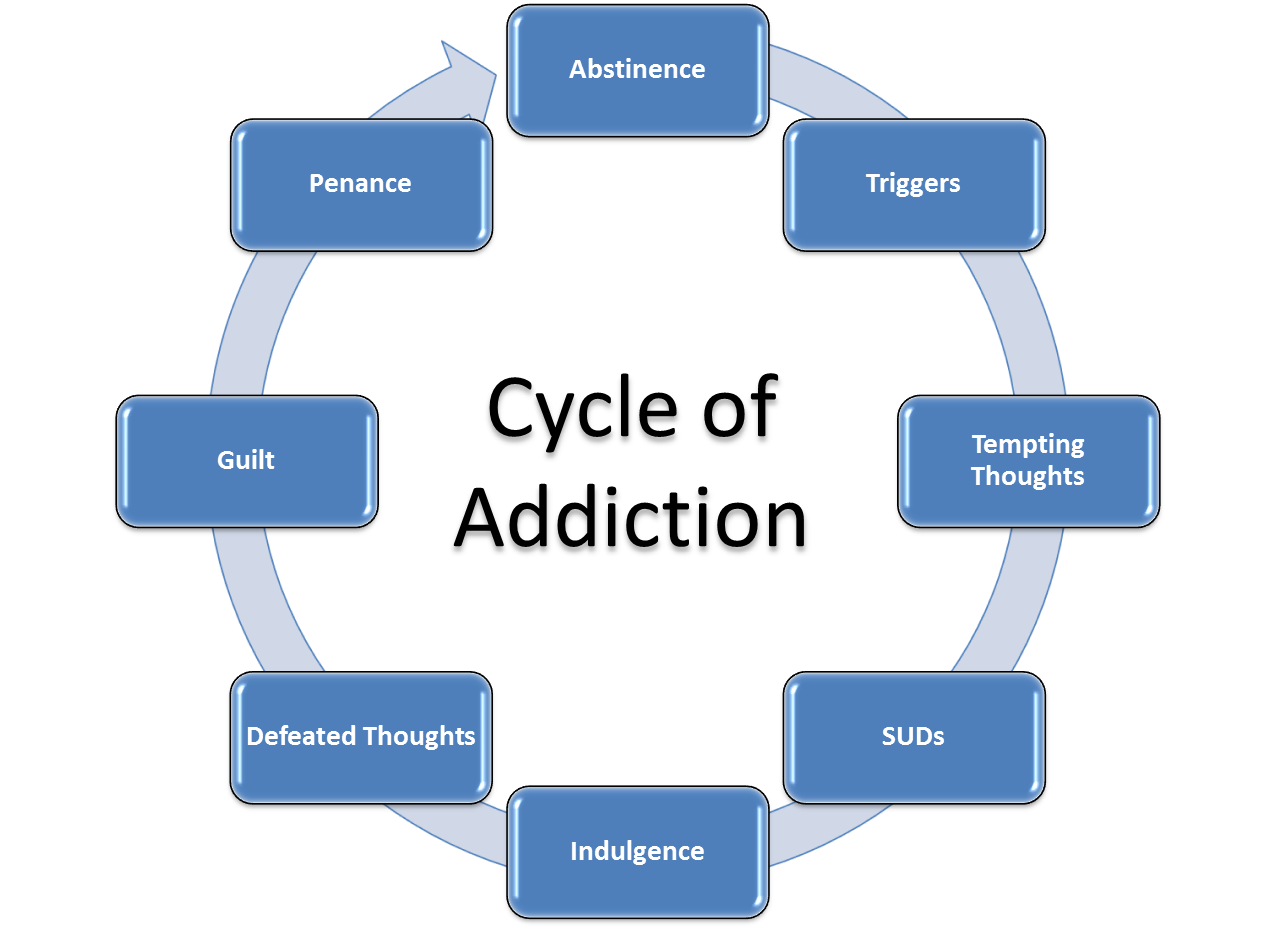Recovering from addiction is a journey that involves several stages, each with its own challenges and opportunities for growth. Understanding the stages of addiction recovery can help individuals navigate this process with more insight and awareness.
1. Acknowledgment
The first step in the journey to recovery is acknowledging that there is a problem. This stage can be difficult for many individuals, as it requires them to admit that they have lost control over their substance use and that it is negatively impacting their lives.
During this stage, individuals may experience feelings of guilt, shame, and fear. It is important for them to have a support system in place to help them through this challenging period. Therapy, support groups, and counseling can all be valuable resources during this stage.
2. Detoxification
Once an individual acknowledges their addiction, the next step is detoxification. This stage involves removing the addictive substance from the body and managing withdrawal symptoms.
Detoxification can be a physically and emotionally challenging process. It is important for individuals to have medical supervision during this stage to ensure their safety and well-being. Medications, therapy, and holistic treatments may be used to help manage withdrawal symptoms and reduce cravings.
3. Rehabilitation
After detoxification, individuals enter the rehabilitation stage of addiction recovery. This stage focuses on addressing the underlying causes of addiction and developing coping strategies to prevent relapse.
Rehabilitation can include individual therapy, group therapy, behavioral therapy, and medication-assisted treatment. It is important for individuals to actively participate in their treatment and engage in the therapeutic process to achieve long-term recovery.
4. Maintenance
Once individuals complete rehabilitation, they enter the maintenance stage of addiction recovery. This stage involves ongoing support and monitoring to help individuals stay sober and prevent relapse.
Maintenance may include attending support groups, therapy sessions, and continuing medication-assisted treatment. It is important for individuals to build a strong support network and develop healthy coping mechanisms to maintain their sobriety.
5. Recovery and Growth
The final stage of addiction recovery is about building a fulfilling and meaningful life without substances. This stage involves personal growth, self-discovery, and finding new ways to cope with stress and challenges.
Individuals in this stage may explore new hobbies, interests, and relationships that support their sobriety. They may also continue to attend support groups and therapy sessions to stay connected to their recovery community.
Conclusion
Understanding the stages of addiction recovery can help individuals navigate the journey to sobriety with more insight and awareness. By acknowledging the problem, detoxifying the body, engaging in rehabilitation, maintaining sobriety, and embracing recovery and growth, individuals can achieve long-lasting recovery and lead fulfilling lives free from addiction.
